Clothing with incorrect and funny English (so-called Engrish) is everywhere in Japan, and has given many foreign visitors a chuckle over the years. So it’s always nice to see the tables turned, and Japan having the opportunity to marvel at clothing with odd Japanese writing on it.
That’s what happened this week when our reporter Mr. Sato got wind that actress and model Lily-Rose Depp had been spotted in New York wearing a particularly nonsensical T-shirt with Japanese kanji characters on it. He had only one question: “Where did she get it?”
…only one question, Mr. Sato? We’ve got a few more questions than that! So let’s take a look at the shirt in question, and crack the code behind its oddball message.

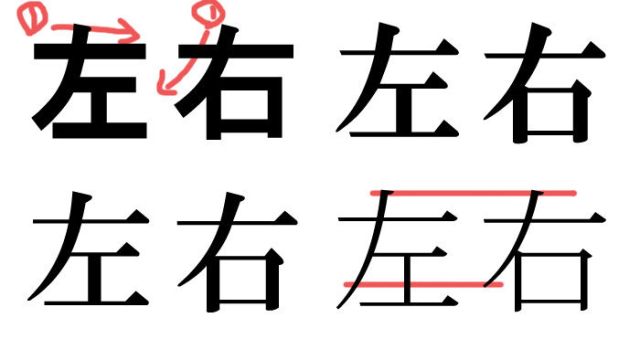
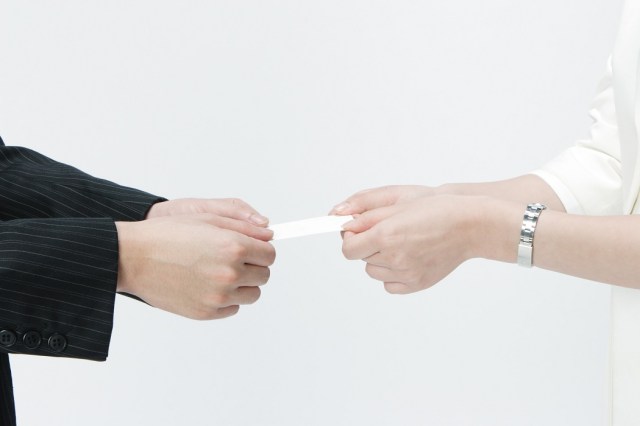

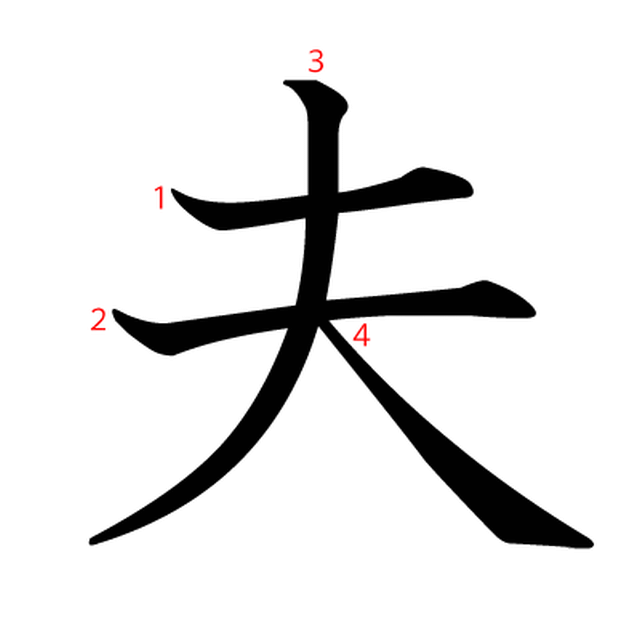
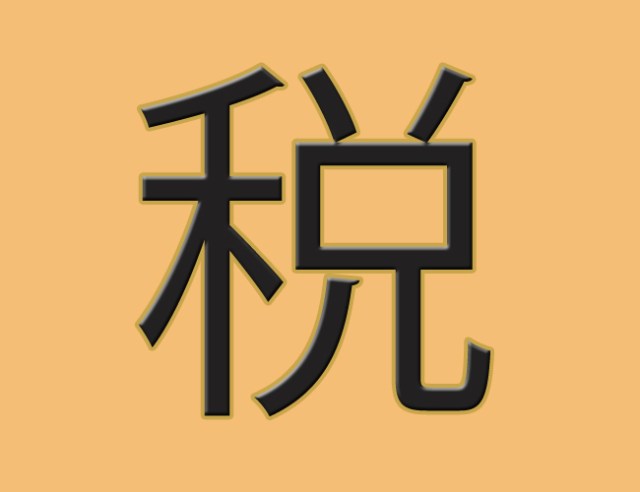
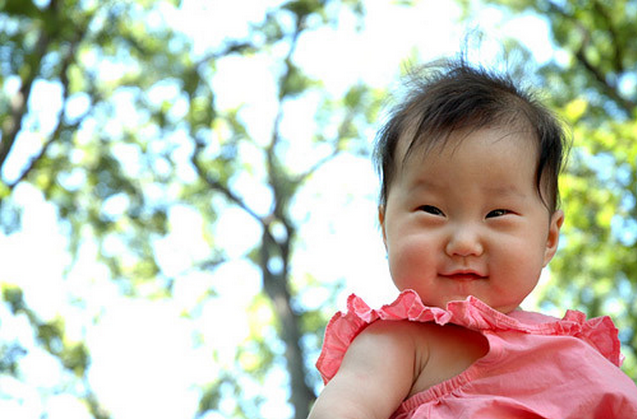

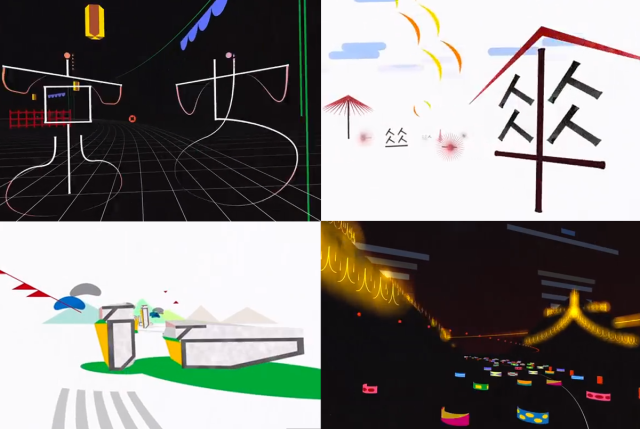

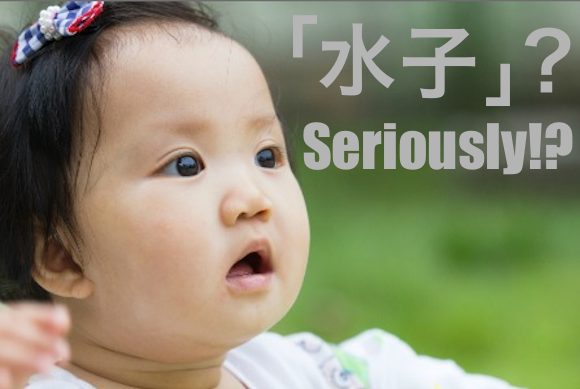
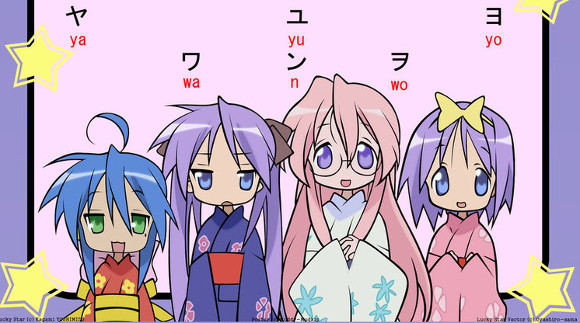
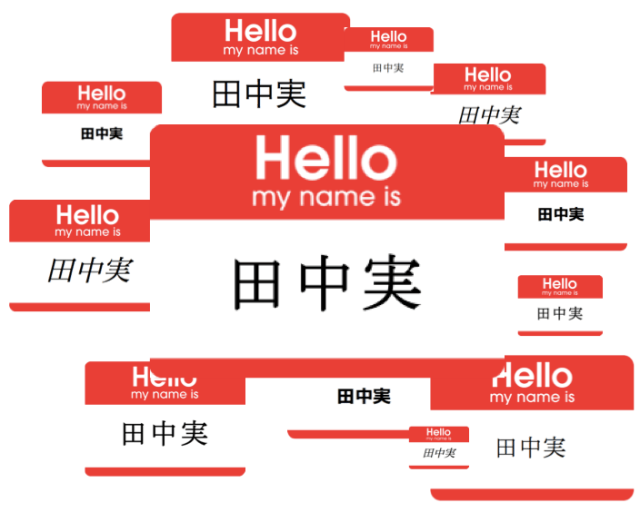
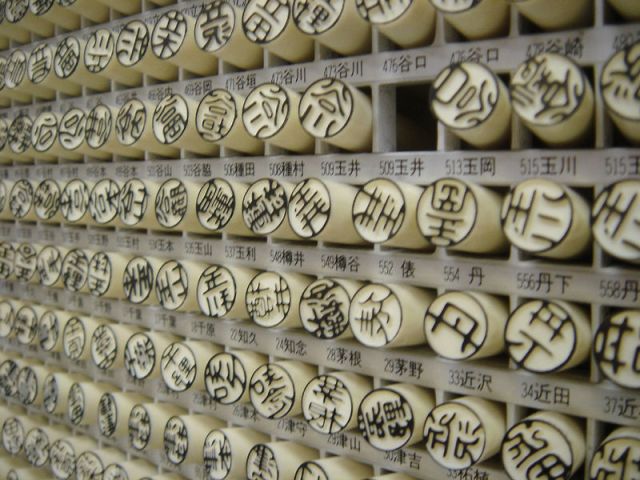
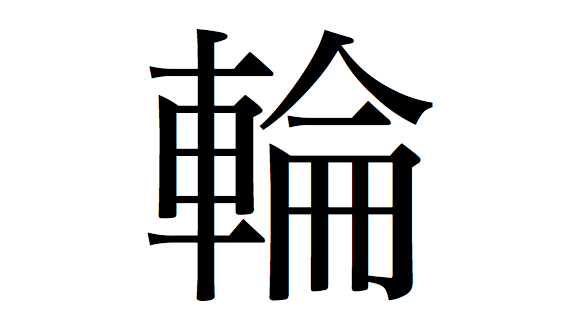
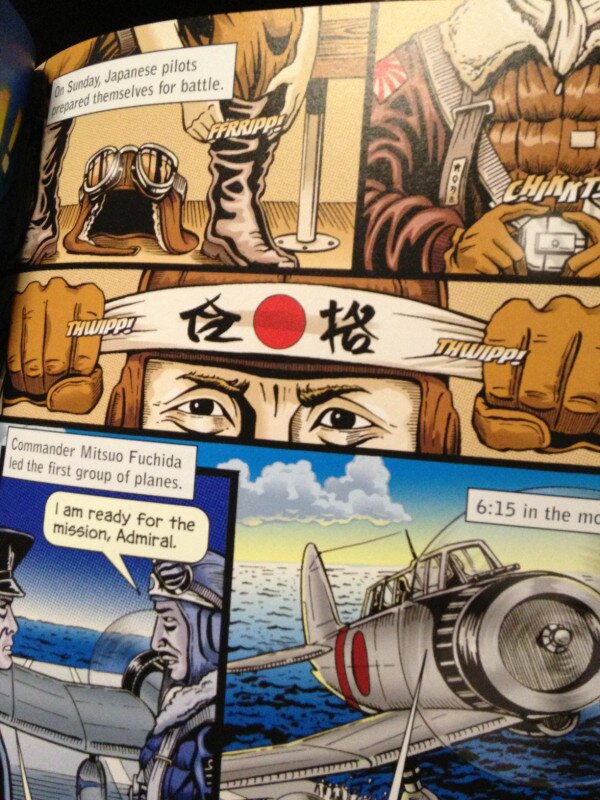
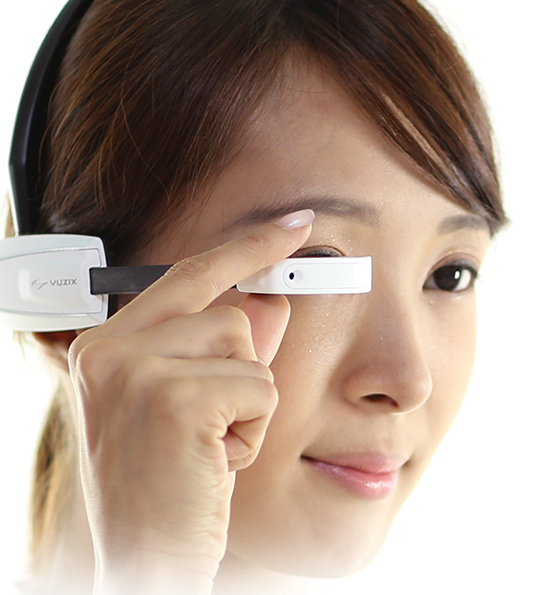
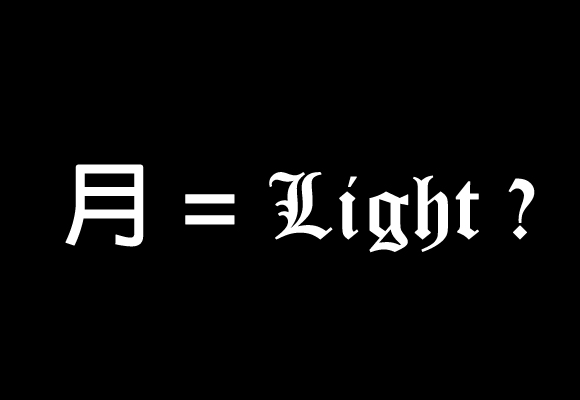
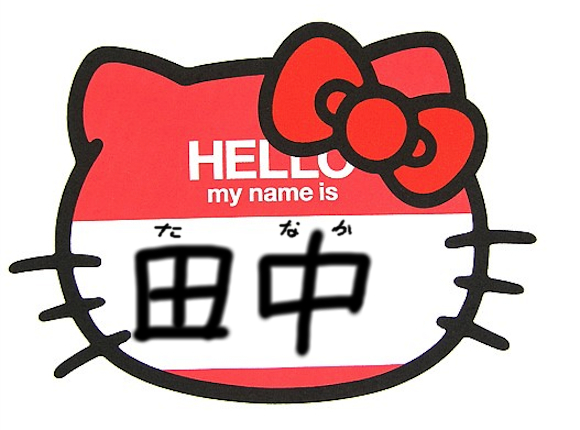
 Starbucks Japan releases first-ever Hinamatsuri Girls’ Day Frappuccino
Starbucks Japan releases first-ever Hinamatsuri Girls’ Day Frappuccino Eevee returns to Japan’s famous Tokyo Banana, bundled with a cute tote bag
Eevee returns to Japan’s famous Tokyo Banana, bundled with a cute tote bag Which convenience store onigiri rice balls are the most popular? Survey reveals surprising results
Which convenience store onigiri rice balls are the most popular? Survey reveals surprising results Japanese restaurant chain serves Dragon Ball donuts and Senzu Beans this spring
Japanese restaurant chain serves Dragon Ball donuts and Senzu Beans this spring Sanrio brings some smiles to Evangelion with new collaboration merch line【Photos】
Sanrio brings some smiles to Evangelion with new collaboration merch line【Photos】 The fish in rural Fukui that rivals Japan’s most auspicious sea bream
The fish in rural Fukui that rivals Japan’s most auspicious sea bream Final Fantasy and Shinkansen announce collaboration with in-train audio play, SD art and merch
Final Fantasy and Shinkansen announce collaboration with in-train audio play, SD art and merch Convenience store onigiri rice balls become even more expensive…but are they worth it?
Convenience store onigiri rice balls become even more expensive…but are they worth it? Michelin-approved Japanese chef teaches us two gourmet-standard dishes using ice cream and toast
Michelin-approved Japanese chef teaches us two gourmet-standard dishes using ice cream and toast Japan Extreme Budget Travel! A trip from Tokyo to Izumo for just 30,000 yen [Part 1]
Japan Extreme Budget Travel! A trip from Tokyo to Izumo for just 30,000 yen [Part 1] Highest Starbucks in Japan set to open this spring in the Tokyo sky
Highest Starbucks in Japan set to open this spring in the Tokyo sky The 10 most annoying things foreign tourists do on Japanese trains, according to locals
The 10 most annoying things foreign tourists do on Japanese trains, according to locals Tokyo Skytree turns pink for the cherry blossom season
Tokyo Skytree turns pink for the cherry blossom season Yakuzen ramen restaurant in Tokyo is very different to a yakuza ramen restaurant
Yakuzen ramen restaurant in Tokyo is very different to a yakuza ramen restaurant Shibuya Station’s Hachiko Gate and Yamanote Line stairway locations change next month
Shibuya Station’s Hachiko Gate and Yamanote Line stairway locations change next month Starbucks Japan releases new sakura goods and drinkware for cherry blossom season 2026
Starbucks Japan releases new sakura goods and drinkware for cherry blossom season 2026 Starbucks Japan adds new sakura Frappuccino and cherry blossom drinks to the menu
Starbucks Japan adds new sakura Frappuccino and cherry blossom drinks to the menu Japan’s new “Cunte” contact lenses aren’t pronounced like you’re probably thinking they are
Japan’s new “Cunte” contact lenses aren’t pronounced like you’re probably thinking they are Japan’s newest Shinkansen has no seats…or passengers [Video]
Japan’s newest Shinkansen has no seats…or passengers [Video] Foreigners accounting for over 80 percent of off-course skiers needing rescue in Japan’s Hokkaido
Foreigners accounting for over 80 percent of off-course skiers needing rescue in Japan’s Hokkaido Super-salty pizza sends six kids to the hospital in Japan, linguistics blamed
Super-salty pizza sends six kids to the hospital in Japan, linguistics blamed Starbucks Japan unveils new sakura Frappuccino for cherry blossom season 2026
Starbucks Japan unveils new sakura Frappuccino for cherry blossom season 2026 Foreign tourists in Japan will get free Shinkansen tickets to promote regional tourism
Foreign tourists in Japan will get free Shinkansen tickets to promote regional tourism Take a trip to Japan’s Dododo Land, the most irritating place on Earth
Take a trip to Japan’s Dododo Land, the most irritating place on Earth Naruto and Converse team up for new line of shinobi sneakers[Photos]
Naruto and Converse team up for new line of shinobi sneakers[Photos] Is China’s don’t-go-to-Japan warning affecting the lines at a popular Tokyo gyukatsu restaurant?
Is China’s don’t-go-to-Japan warning affecting the lines at a popular Tokyo gyukatsu restaurant? Survey asks foreign tourists what bothered them in Japan, more than half gave same answer
Survey asks foreign tourists what bothered them in Japan, more than half gave same answer Japan’s human washing machines will go on sale to general public, demos to be held in Tokyo
Japan’s human washing machines will go on sale to general public, demos to be held in Tokyo Starbucks Japan releases new drinkware and goods for Valentine’s Day
Starbucks Japan releases new drinkware and goods for Valentine’s Day We deeply regret going into this tunnel on our walk in the mountains of Japan
We deeply regret going into this tunnel on our walk in the mountains of Japan Studio Ghibli releases Kodama forest spirits from Princess Mononoke to light up your home
Studio Ghibli releases Kodama forest spirits from Princess Mononoke to light up your home Major Japanese hotel chain says reservations via overseas booking sites may not be valid
Major Japanese hotel chain says reservations via overseas booking sites may not be valid Put sesame oil in your coffee? Japanese maker says it’s the best way to start your day【Taste test】
Put sesame oil in your coffee? Japanese maker says it’s the best way to start your day【Taste test】 No more using real katana for tourism activities, Japan’s National Police Agency says
No more using real katana for tourism activities, Japan’s National Police Agency says The fish in rural Fukui that rivals Japan’s most auspicious sea bream
The fish in rural Fukui that rivals Japan’s most auspicious sea bream Final Fantasy and Shinkansen announce collaboration with in-train audio play, SD art and merch
Final Fantasy and Shinkansen announce collaboration with in-train audio play, SD art and merch Convenience store onigiri rice balls become even more expensive…but are they worth it?
Convenience store onigiri rice balls become even more expensive…but are they worth it? Michelin-approved Japanese chef teaches us two gourmet-standard dishes using ice cream and toast
Michelin-approved Japanese chef teaches us two gourmet-standard dishes using ice cream and toast Japan Extreme Budget Travel! A trip from Tokyo to Izumo for just 30,000 yen [Part 1]
Japan Extreme Budget Travel! A trip from Tokyo to Izumo for just 30,000 yen [Part 1] Playing Switch 2 games with just one hand is possible thanks to Japanese peripheral maker
Playing Switch 2 games with just one hand is possible thanks to Japanese peripheral maker Bizarre or brilliant? Takoyaki and okonomiyaki rice balls available in convenience stores now
Bizarre or brilliant? Takoyaki and okonomiyaki rice balls available in convenience stores now The 10 best Japanese hot spring resorts locals want to go back to again and again
The 10 best Japanese hot spring resorts locals want to go back to again and again Abuse Cafe Japan: We get abused by waitresses in maids’ uniforms at Tokyo’s viral pop-up diner
Abuse Cafe Japan: We get abused by waitresses in maids’ uniforms at Tokyo’s viral pop-up diner Passing the JLPT N1 — Here’s how I did it, so you can too!
Passing the JLPT N1 — Here’s how I did it, so you can too! New sake earrings let you wear your love for Japanese rice wine on your ears
New sake earrings let you wear your love for Japanese rice wine on your ears Nearly one in ten young adults living in Japan isn’t ethnically Japanese, statistics show
Nearly one in ten young adults living in Japan isn’t ethnically Japanese, statistics show Drift ice in Japan is a disappearing winter miracle you need to see now
Drift ice in Japan is a disappearing winter miracle you need to see now Starbucks Japan releases new sakura goods and drinkware for cherry blossom season 2026
Starbucks Japan releases new sakura goods and drinkware for cherry blossom season 2026